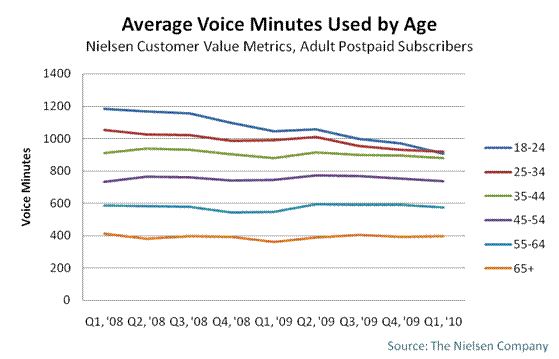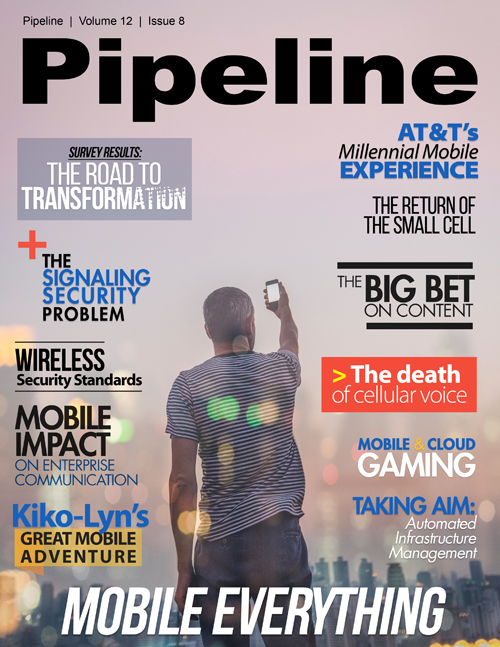The Death of Cellular Voice
By: Chris Piedmonte

There are clear indications that we are beginning to see the slow, certain death of cellular network-based mobile voice services. Across the globe, customers are using their mobile devices to access data networks far more than they are to place mobile voice calls. When they do use their mobile devices for voice, many are turning to VOIP services such as Skype, Viber, and retro-POTS gone global upstart Rebtel rather than the cellular network. Why is this happening?
With the ready availability of IP connections, the improved voice and connection quality of VOIP and the option to augment calls with multimedia messaging, live two-way video and application sharing, mobile VOIP is becoming the communication paradigm of choice. Indeed, the major North American carriers are reporting almost no growth in the number of minutes consumed even while adding subscribers. They are also embracing WiFi calling as part of their services and concentrating on other data-centric offerings to bolster revenue.
In this article we will explore the factors that are driving customers to abandon cellular voice in favor of VOIP solutions and how the telecommunications industry is and should be responding to this shift in consumer demand.
Declining Usage of Mobile Voice
Cultural changes are influencing the abandonment of mobile voice. As we become busier and spend less and less time interacting with our coworkers, friends and family, mobile voice has become less significant. We are becoming a texting and messaging society. A voice call requires that both parties be available and participate in the call simultaneously. Unlike a voice call, text messaging and other forms of non-verbal communication are asynchronous and don’t require the immediate and continuous participation of the communicating parties.The younger, Millennial generation has been quick to pick up on this fact and has been adapting their behaviors accordingly.

As far back as 2010, The Washington Post reported that only those over 50 years of age continue to place mobile voice calls as their primary means of communicating, while younger generations are shifting from racking up voice minutes to SMS message counts.The Post also reports that younger generations consider making an unscheduled voice call both rude and intrusive. A phone call is clearly no longer the preferred mode of communications for our busy and over-committed society.
There are even consumers who have abandoned their cellular network plans entirely and use their smartphones as WiFi-only devices. In 2013, a CBS News article extolled the virtues of dropping your voice subscription and going exclusively with VoIP over WiFi.
What’s Wrong with Cellular Voice?
According to the 2014 JD Power Wireless Network Quality Performance Study, the typical customer reported that about one out of five calls placed through the mobile cellular network experienced some problem during the call. These problems included distortion and static, dropped or faded calls or dropping a call entirely. With about an 80% satisfaction rate, this gives the US cellular voice experience a shaky B minus. Having a bad personal call can be annoying and frustrating. Having a bad business call can have significant economic impact. With one out of five calls likely to go badly, why take the risk of conducting business over the cellular network with a unreliable mobile voice call?



















